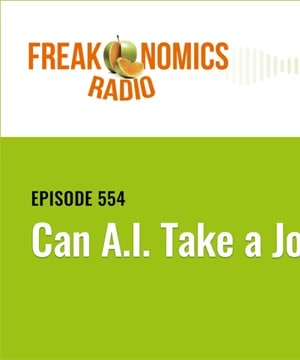Can AI models create funny jokes?
Sources:
AI models have made strides in generating jokes, but they face significant limitations compared to human comedians.
-
Novelty and Association: Creativity in humor involves making novel associations between familiar concepts. AI can generate jokes by finding patterns in vast amounts of data, but this often results in humor that feels slightly off or awkward. Even if AI can produce millions of associations at once, it lacks the intuitive understanding and cultural context that humans possess 1.
-
Comedian Evaluation: Professional comedians who evaluated AI-generated jokes found them mostly bland and biased, often resembling outdated comedy styles. AI struggles to produce truly creative or edgy content that resonates well with current social contexts 2.
-
Context and Timing: Humor relies heavily on context, timing, and the nuanced interplay of delivery and audience reaction. AI can follow structures like setup and punchlines but lacks the ability to adapt in real-time and adjust based on audience feedback—crucial elements for crafting effective jokes 3.
-
Emotional Simulation: AI can simulate emotions and generate humor by predicting and replicating patterns found in human writing. However, this simulation doesn't equate to genuine understanding or emotional resonance, which are key to effective comedy 4.
-
Self-Regulation: Human comedians continuously refine their material based on audience reactions, a feedback loop AI cannot replicate effectively. AI lacks the self-awareness required to judge the appropriateness or potential success of its jokes, hindering its ability to innovate truly 5.
Overall, while AI can generate humor, it often lacks the sophistication, emotional depth, and contextual awareness that make human-generated jokes genuinely funny.
RELATED QUESTIONS-




